The Rise of Predictive Analytics in Recruitment
This is a subtitle for your new post
Recruitment isn’t just about filling vacancies anymore, it’s about foreseeing them.
Enter predictive analytics.
Transforming the recruitment landscape more than we ever imagined. Essentially, predictive analytics uses historical data, statistical algorithms, and machine learning techniques to predict future outcomes. For recruitment, this means a shift in how we identify, attract, and retain talent.
Understanding Predictive Analytics in Recruitment
Predictive analytics in recruitment applies data-driven insights to anticipate hiring needs, understand candidate success factors, and enhance employee retention rates. It’s like having a crystal ball, but instead of vague predictions, you get data-backed insights. For instance, by analysing past hiring data, companies can predict future hiring needs, identify the characteristics of high-performing employees, and even foresee potential turnover.
Why It’s a Game-Changer
Aside from all of the above, the magic of predictive analytics lies in its ability to make recruitment proactive rather than reactive. Instead of scrambling to fill positions, recruiters can strategically plan their pipeline. According to LinkedIn’s Global Recruiting Trends, 56% of professionals say that new interview tools are the top trend impacting how they hire. Predictive analytics is at the heart of many of these tools, enabling smarter, more efficient hiring processes.
- Improved Quality of Hire: By analysing data from past recruitment cycles, predictive analytics can identify which candidate attributes correlate with long-term success in a role. This insight allows recruiters to refine their candidate search and selection criteria, leading to higher quality hires.
- Efficient Use of Resources: Time and money are precious commodities in recruitment. Predictive analytics helps optimise both by streamlining the recruitment process, targeting efforts where they’re most likely to yield results, and reducing the cost per hire.
- Enhanced Candidate Experience: By understanding the traits of successful candidates, organisations can tailor their recruitment messaging to attract similar profiles, improving the overall candidate experience and employer brand.
Real-World Applications and Success Stories
Companies worldwide are already harnessing the power of predictive analytics to revolutionise their recruitment processes. For example, Google has long used data analytics to improve its hiring process. Laszlo Bock, former SVP of People Operations at Google, shared in his book "Work Rules!" how Google uses data to predict which candidates have the highest likelihood of success within the company, significantly improving their hiring outcomes.
Another success story comes from Xerox, which
used predictive analytics to reduce its call centre turnover by 20%. By analysing the characteristics of employees who stayed with the company versus those who left, Xerox identified non-traditional factors that correlated with long-term employment, such as personality traits and commuting times.
Getting Started with Predictive Analytics in Recruitment
Implementing predictive analytics in recruitment might seem daunting, but it doesn’t have to be. Start small by identifying specific challenges you want to address, such as reducing turnover or improving the quality of hire. Then, collect and analyse your existing data related to these challenges. There are also tons of HR technology solutions that offer predictive analytics features, making it easier for you to adopt this approach without needing in-house data science expertise.
The Future Is Now
The rise of predictive analytics is yet another fundamental shift in how we approach recruitment. As we move forward, its role is only set to grow, driven by the increasing availability of data and advancements in technology. For recruitment professionals, embracing predictive analytics isn’t just about staying competitive; it’s about redefining the boundaries of what’s possible in talent acquisition.
As we continue to navigate the evolving landscape of work, predictive analytics will undoubtedly play a key role in shaping the future of recruitment. What do you predict will be the next big thing after predictive analytics?🤨



